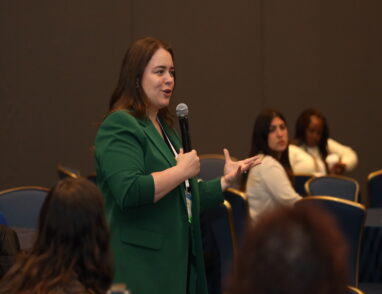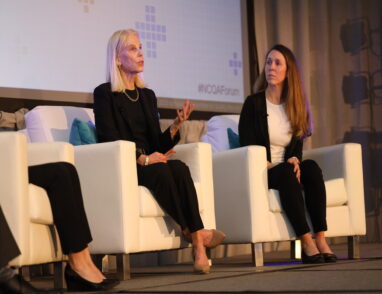The Big Deal: States Extend Post-Partum Medicaid Benefits
May 5, 2021 · Matt Brock
Illinois has made a big move, one we hope inspires others to follow its lead.

The state made a real commitment to improving maternal outcomes last week when it became the first to extend Medicaid post-partum benefits to one year.
This is a big deal.
In remarks to recognize Black Maternal Health Week, U.S. Health and Human Services Secretary Xavier Becerra characterized Illinois’ approved 1115 waiver as a “big deal.”
Current Post-Partum Benefits
Currently, Medicaid program benefits cover women during pregnancy for care related to the health of their baby. After baby is born, Medicaid benefits cover the mother for only 60 days. That is simply frustrating when you consider this: 52% of pregnancy-related deaths in this country take place up to 1 year postpartum. That means nearly half occur after one year.
In his remarks, Secretary Becerra acknowledged the nation’s maternal death rate rates are among the worst for high-income and developed countries. That is just unacceptable, he added.
We could not agree more. Dying to give life is unacceptable. Extending post-partum care provides continuity of care for chronic conditions like hypertension or diabetes.
Post-Partum as Priority
In 2016, the Centers for Medicare and Medicaid Services (CMS) recognized the impact of post-partum depression and permitted states to cover depression screening for Mothers during well-child visits.
Missouri has also submitted an 1115 waiver to extend post-partum coverage to one year. That proposal includes benefits to continue substance use and mental health services. Indiana has applied for 1115 waiver approval as well. It extends postpartum coverage for those with opioid use disorders.
Secretary Becerra encourages other states to follow Illinois’ lead. and to apply for an 1115 waiver a provision as part of the American Rescue Plan. The government has also made $12 million available as Health Resources and Services Administration (HRSA) grants to programs that help pregnant women in rural areas to access care. On top of that, President Biden has also identified maternal mortality as a priority. He requested Congress approve $200 million for Health and Human Services to reduce maternal mortality and race-based health disparities.
All these steps affirm what many of us have known for a long time. Maternal deaths are preventable.
This is a big deal.








